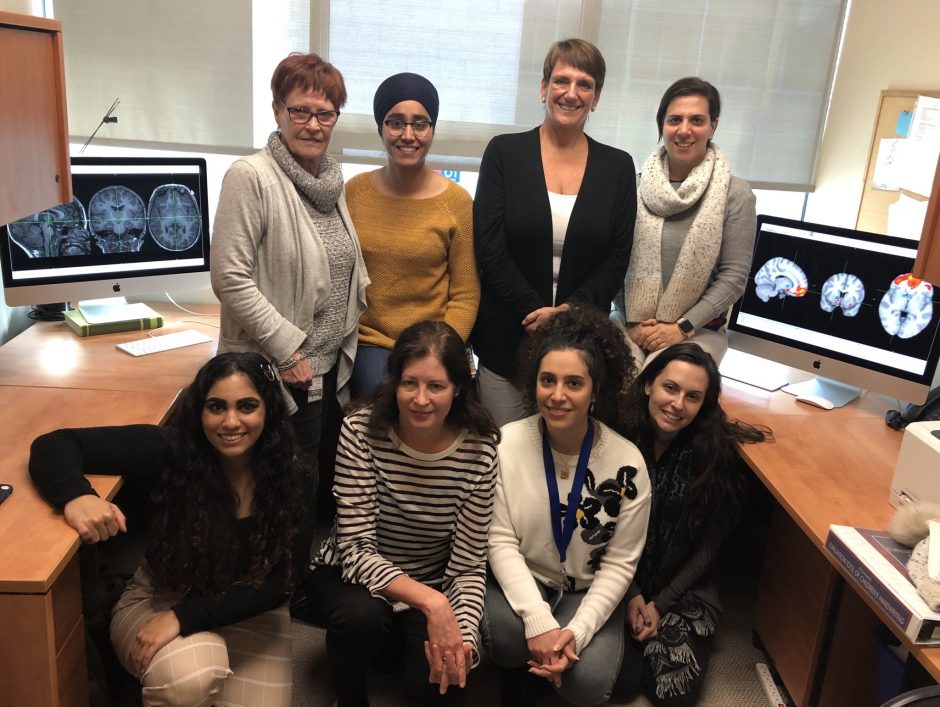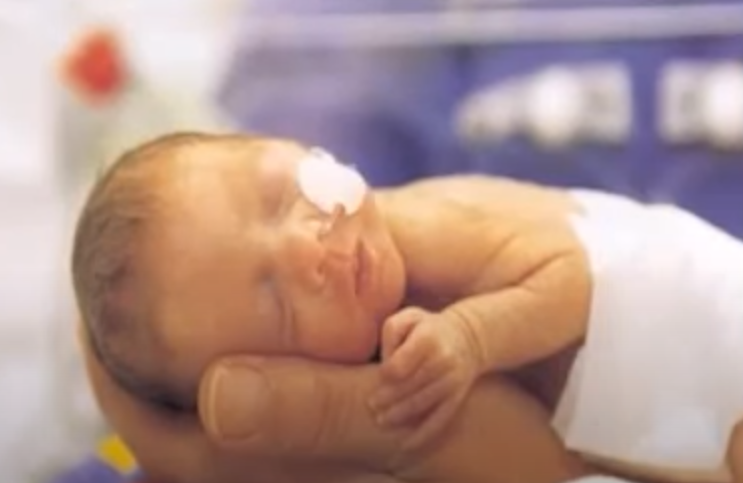
Faculty Directory
Meet our faculty and explore their research topics and expertise.
Latest Research News
- Tough Old Broads: Advocacy Has No Expiry DateDr. Julia Henderson was event host and talkback panel moderator for a screening of the brand new documentary, ‘Tough Old Broads’.
- AI, Climate Change, Assistive Technology, Social Justice: OSOT Research at the WFOT 2026 congressHighlights from our researchers who presented at this year’s World Federation of Occupational Therapy (WFOT) congress in Bangkok.
- Scholar of the Month: Dr. Stefanie Blain-MoraesMeet new faculty member Dr. Stefanie Blain-Moraes, whose interdisciplinary research into consciousness combines expertise in biomedical engineering, neuroscience, and rehabilitation.
Our Approach to Research

We aspire to foster a research environment that collaborates across health and social disciplines, engages with community, clinicians, people with lived experience, and decision-makers to create, translate, and implement research and knowledge for the benefit of society.
Increasing the Impact and Reach of our Research
As captured in the department’s Strategic Action Plan (2025-2032), we have three clear goals to further strengthen our research projects and practice:
Goal 1
Increase the level of our collaboration with community, clinicians, and people with lived experience to inform and enhance our research.
Goal 2
Advance scholarship of teaching and learning in occupational therapy and occupational science to enhance student learning outcomes and promote educational leadership of faculty.
Goal 3
Promote a sustainable, innovative, and impactful research program that improves the health and wellbeing of individuals and communities, enhances health service delivery, and influences policy.
See how we intend to achieve these goals:
Graduate and Postdoctoral Research

Research MSc / PhD Students and Postdoctoral Fellows
We collaborate with the Department of Physical Therapy to deliver a research graduate program in Rehabilitation Science.
The program offers opportunities for study and research leading to Master of Science (MSc) and Doctor of Philosophy (PhD) degrees.
Students in the program are supervised by faculty members from either department.
The program is proud of the achievements of our graduates. Many are recipients of studentships, scholarships and other awards, and feature in numerous peer-reviewed journal publications.
Graduate students and Postdoctoral Fellows affiliated with us may have the opportunity to be involved in ICORD, the Djavad Mowafaghian Centre for Brain Health, Arthritis Research Canada, the Centre for Hip Health and Mobility, the Vancouver Coastal Health Research Institute and other CIHR initiatives.
Learn more about our Rehabilitation Science research programs
Master of Rehabilitation Science (MRSc) Research Projects
Our online Master of Rehabilitation Science degree offers health professionals an option for higher learning whilst actively working in rehabilitation. Students in this program are required to undertake a major research project, exploring everyday issues in rehabilitation practice.
Master of Occupational Therapy (MOT) Research Projects
In the Master of Occupational Therapy degree program, students are required to complete a research project related to evidence underlying practice or the study of human occupation.
Graduating students showcase their year-long research projects through podium and poster presentations at the annual Capstone Conference.
Each year, the Capstone Conference attracts more than 200 attendees, including peers, faculty members from various health disciplines, clinicians, consumers and the general public.
Research Projects and Tools
- Emergency Department Standards: Pathways for youth from emergency departments to community services
 This project aims to develop a quality standard for youth mental health and substance use care in emergency departments in British Columbia.
This project aims to develop a quality standard for youth mental health and substance use care in emergency departments in British Columbia. - International Implementation of the Icelandic Prevention Model for Substance Use Prevention in Youth
 A review of the Icelandic Prevention Model (IPM) in diverse global contexts to understand its potential adaptation and scaling in Canada.
A review of the Icelandic Prevention Model (IPM) in diverse global contexts to understand its potential adaptation and scaling in Canada. - Links to Employment Project
 This project evaluates an enhanced Individual Placement Support program at the BC Canadian Mental Health Association.
This project evaluates an enhanced Individual Placement Support program at the BC Canadian Mental Health Association. - Longitudinal Impacts of the COVID-19 Pandemic
 This study aims to explore the experiences of youth during the COVID-19 pandemic.
This study aims to explore the experiences of youth during the COVID-19 pandemic. - Making the Shift: Transitions to Homelessness
 This pan-Canadian longitudinal cohort study aims to understand youth’s experiences with homelessness.
This pan-Canadian longitudinal cohort study aims to understand youth’s experiences with homelessness. - Patient-Reported Outcome Measure of Function (F-PROM) Study
 This study aims to evaluate a tool which measures youth function, in order to assess the effectiveness of mental health care and substance use support.
This study aims to evaluate a tool which measures youth function, in order to assess the effectiveness of mental health care and substance use support. - TikTok & Youth Mental Health
 This study aims to understand how Canadian youth use TikTok to learn about mental health and connected to services during the COVID-19 pandemic.
This study aims to understand how Canadian youth use TikTok to learn about mental health and connected to services during the COVID-19 pandemic. - Wider Impacts Project
 This study aims to understand factors that protect youth against substance use, how youth access services, and the impact of the COVID-19 pandemic.
This study aims to understand factors that protect youth against substance use, how youth access services, and the impact of the COVID-19 pandemic. - Youth-Centred Opioid Agonist Treatment & Services Project
 This multi-phase study aims to develop a youth-centred model of care to improve the use of medications to manage withdrawal symptoms.
This multi-phase study aims to develop a youth-centred model of care to improve the use of medications to manage withdrawal symptoms.

Behavioural Indicators of Infant Pain Scale
This scale is designed to understand the effects of the environment on preterm infant development, allow for accurate assessments and find effective ways to reduce the negative effects of the environment. Key contact: Liisa Holsti.

Ergonomic Assessment Tool for Arthritis (EATA)
The EATA is designed to assist occupational therapists and their clients with arthritis complete an ergonomic assessment for the purpose of recommending ergonomic modifications as job accommodations. Key contact: Catherine Backman.
Read more about the EATA
Photo used to illustrate EATA by Nani Chavez


